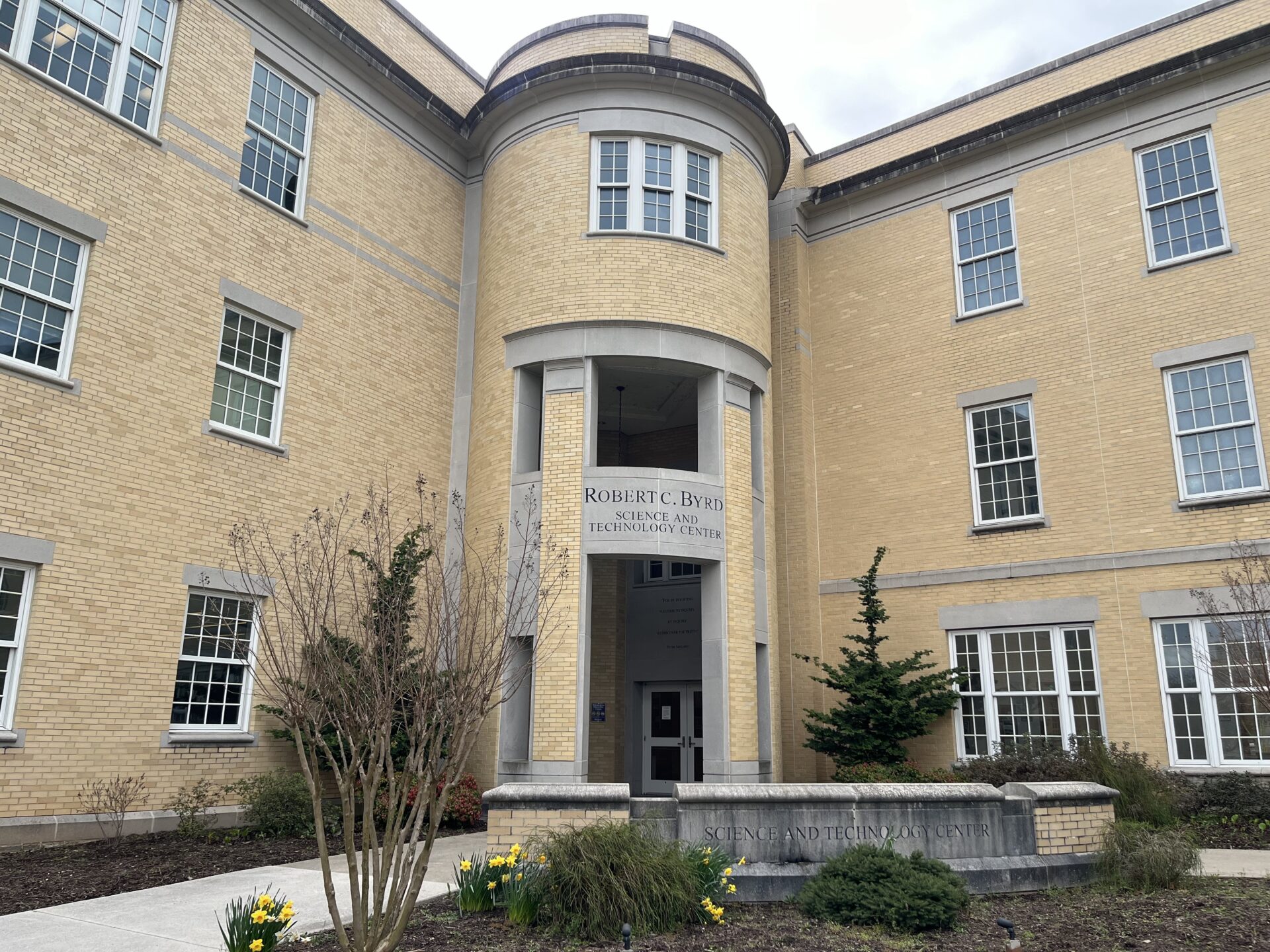Chancellor of the Higher Education Policy Commission Sarah Armstrong Tucker said the dire state of the school’s finances brought this action by the commission.
Updated on Tuesday, Aug. 1, 2023 at 4:47 p.m.
Monday, the West Virginia Higher Education Policy Commission (HEPC) revoked Alderson Broaddus University’s authorization to award degrees in West Virginia.
These actions come as a result of the university’s outstanding utility bill of more than $775,000.
A few years ago, the private Baptist university was placed on notice by the commission over a financial shortfall. Last week, the City of Philippi informed the university that its utilities would be cut by Monday, July 31, if it fails to pay an outstanding bill of $775,598.70.
Chancellor of the Higher Education Policy Commission Sarah Armstrong Tucker said the dire state of the school’s finances brought this action by the commission.
“The commission did not believe, and I do not believe, that Alderson Broaddus would have been able to stay open for the course of the semester,” Tucker said. “As I [said] in the commission meeting, that is the worst-case scenario for their students.”
Student-athletes and international students will be arriving at the private school as soon as this week. Fall classes are set to start next month.
Tucker said students could lose federal aid and transfer credits if their school were to shut down mid-semester, so the commission stepped in.
“I’m certain that lots of students feel like this moment, maybe the worst-case scenario for them,” Tucker said. “But had we allowed the institution to bring students on the campus, and they failed in the middle of the semester, all of the money that students had paid, they would be out all of their federal financial aid.”
According to a statement from the Chairman of the Alderson Broaddus University Board of Trustees and Governors James Garvin, the board voted to develop a plan of dissolution for the university Monday night.
“The Alderson Broaddus Board of Trustees voted tonight to develop a plan of dissolution for the university in the aftermath of this afternoon’s decision by the West Virginia Higher Education Policy Commission. The Board and the administration will be communicating more tomorrow about its specific plans for assisting students, faculty and staff dealing with the changes resulting from today’s action by the HEPC.”
Since Monday’s action, schools throughout the Mountain State and beyond have offered assistance and options to the university’s roughly 800 students.
“Frankly, all of the private and public institutions in the state of West Virginia have stood up,” Tucker said. “They are all ready and willing to take students as transfer students and to make this happen as seamlessly as possible.”
The Higher Education Policy Commission worked directly with Davis and Elkins College and West Virginia Wesleyan College to offer scholarships and expedited enrollment for students who had planned to attend or return to Alderson Broaddus in the fall.
The following schools have issued releases stating their offerings for incoming Alderson Broaddus students:
- West Virginia State University
- Will waive the application fees for Alderson Broaddus students and will provide an expedited transcript review to ensure admission for the fall 2023 semester.
- Glenville State University
- President Dr. Mark Manchin has decided to award scholarships to all ABU students. In addition, GSU will guarantee housing placement and the school’s financial aid staff will help with equivalent financial aid packaging.
- Davis and Elkins College
- Will provide students with a rapid admission process and offer the tools and resources for student success.
- West Virginia Wesleyan College
- Will provide these students with fast and free priority applications and thorough transcript evaluations.
- Point Park University in Pittsburgh, PA
- Those students who reach out to Point Park will undergo an expedited process that will include a transcript review, financial aid package and discounted housing.
- Frostburg State University, Maryland
- Frostburg State University’s Office of Admissions will host a virtual event exclusively for AB students on Thursday, Aug. 3, from 3 p.m. to 3:45 p.m.
- Shephard University
- AB students can apply to Shepherd for free and get priority transcript reviews to assess how many college credits may be applied toward their degree process. Shepherd is also guaranteeing on-campus housing availability and that any outside financial aid awarded to students, such as federal loan and grant programs and private scholarships – will be honored.
